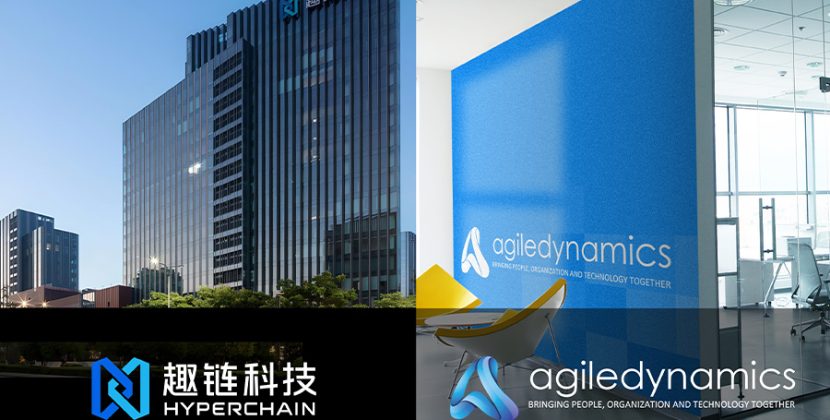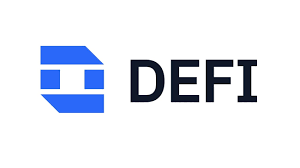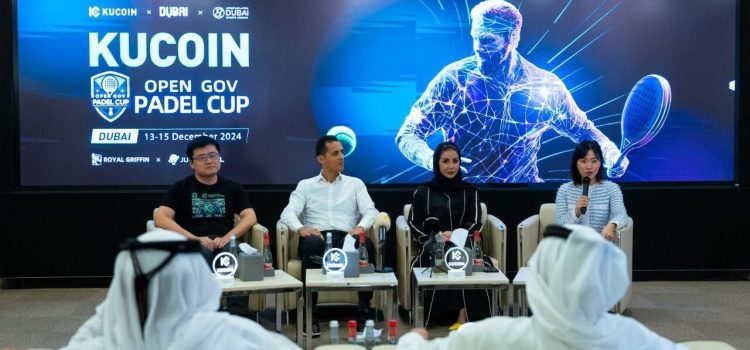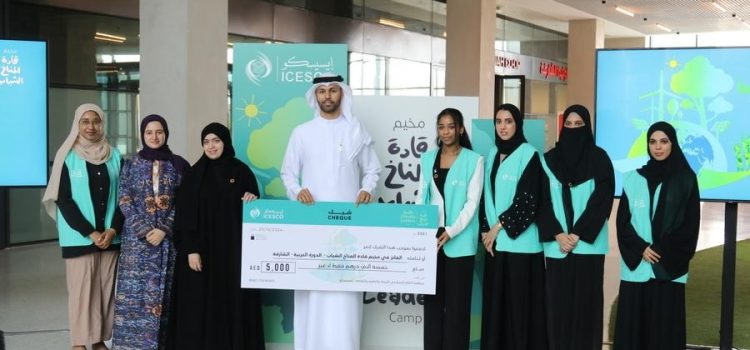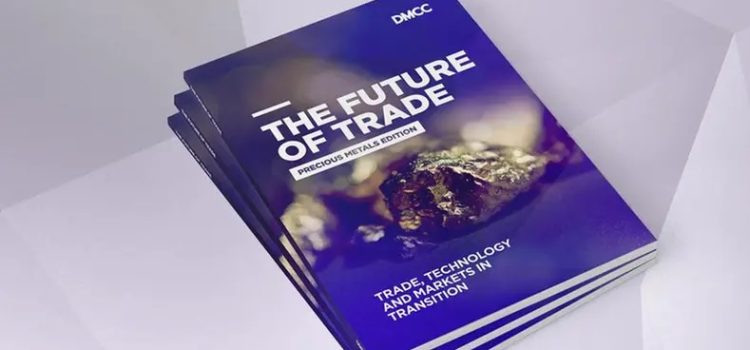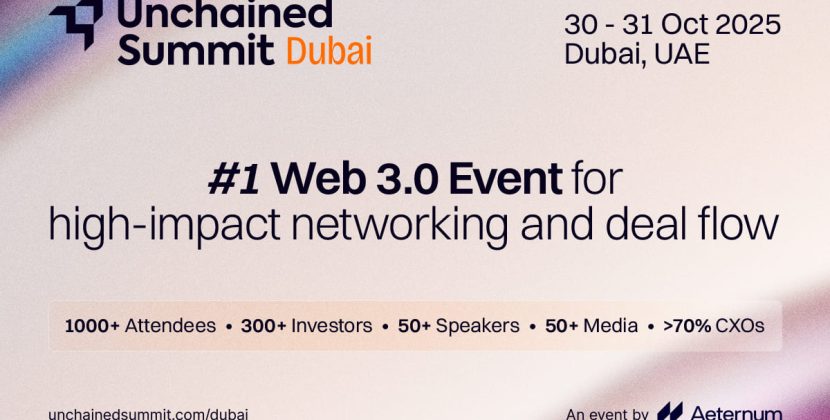
DRIFE, Web3 DePin (Decentralized Physical Infrastructure Provider) built on Sui Blockchain, operating a decentralized ride-hailing application in India and UAE, has collaborated with CoinList, the premiere token launch platform, to launch its incentivized testnet for DRIFE Share2Earn location data campaign on DRIFE app.
Users who participate will earn tokens by sharing their location data on the DRIFE App as they commute. The dynamic reward system tracks participants’ contributions based on the Commute & Galxe leaderboard standings.
DRIFE and CoinList will work together to test the new Share2Earn campaign before it is rolled out to the general public. The collaboration reflects the company’s involvement with its community as it develops innovative products and features, and is designed to attract a broader range of participants and test DRIFE’s network capabilities. Users can earn rewards through the Share2Earn program while contributing to the development and testing of the platform.
The collaboration also showcases the importance of decentralization, community engagement, and data sharing in the ride-hailing sector. It also highlights DRIFE’s commitment to transparency, user empowerment, and innovative monetization of data using blockchain technology.
Participating in the DRIFE CoinList incentivized Testnet program will help enhance location-based services and improve service quality with community feedback and testing. This is especially significant, given that DRIFE is not just designed to enhance the ride hailing experience, but also to monetize vehicle data, which will unlock new services, experiences, and economic opportunities for users.
Firdosh Sheikh, Founder and CEO of DRIFE states, “We are thrilled to team up with CoinList for this incentivized testnet program. This collaboration not only validates our vision for a decentralized ride-hailing ecosystem, but also empowers our community to play an active role in shaping the future of transportation.”
Reward tokens are on the SUI chain and will be available for claim post TGE, with a weekly linear unlock over a 3-month period.
Participation in this campaign is open to individuals from across the globe, with the exception of residents or citizens from the following countries: United Arab Emirates (UAE), Pakistan, Russia, China, Israel, the United States (US), and Palestine. This restriction is in place due to regulatory and compliance requirements. Individuals from all other eligible countries are welcome to participate, subject to meeting the campaign’s terms and conditions.

